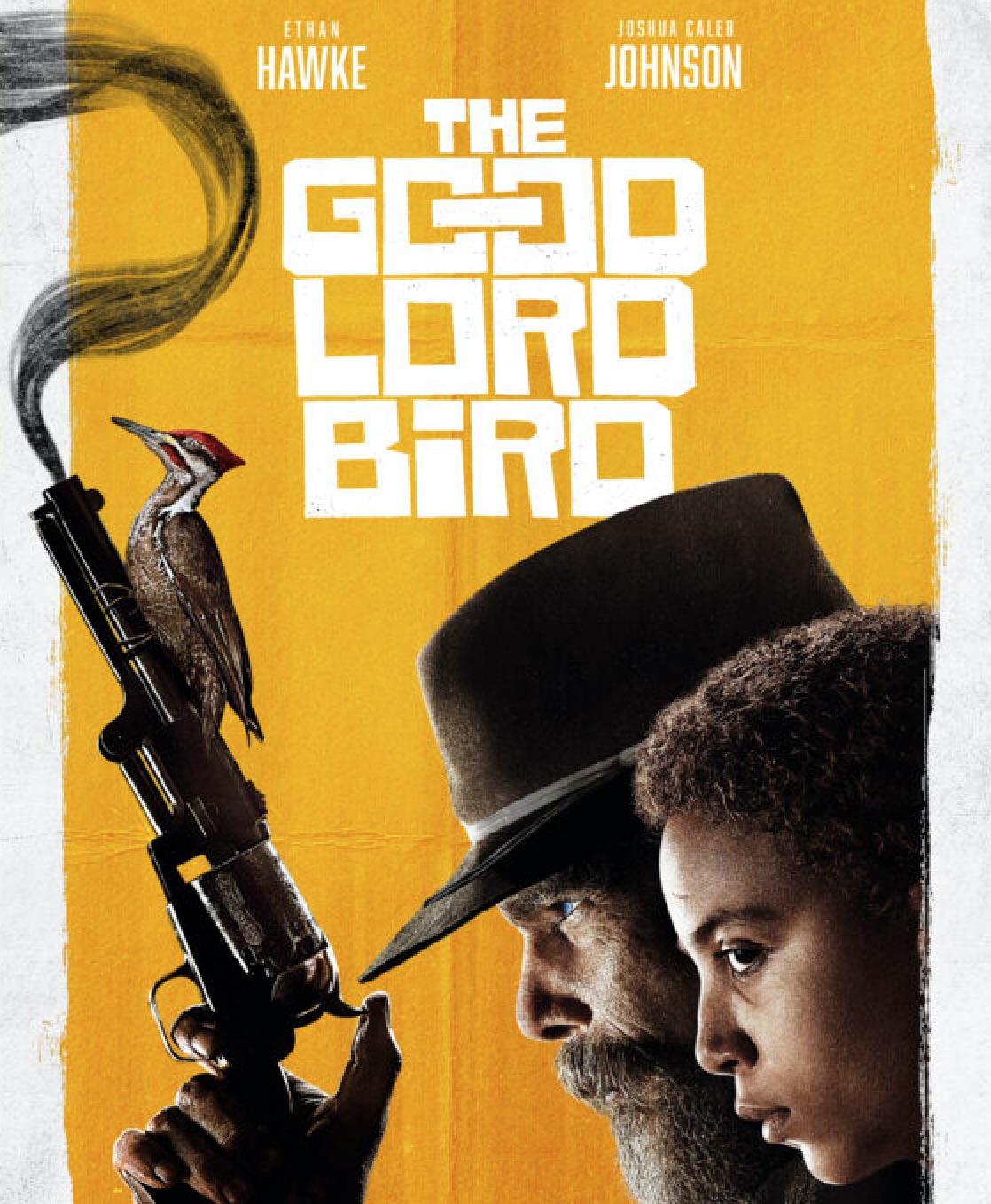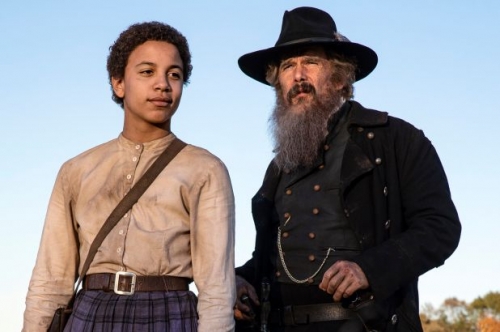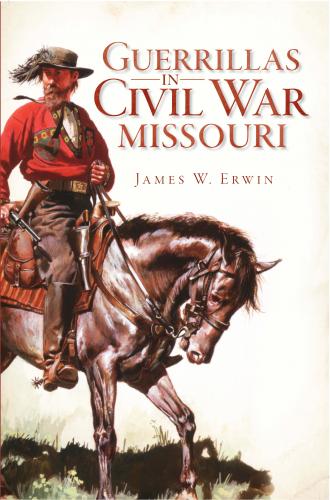
On October 4, 2020, The Good Lord Bird, a 7-part miniseries about the life of abolitionist John Brown—based on the award-winning novel of the same name by James McBride—premiered on Showtime. We enlisted historian Megan Kate Nelson to watch and review the series, episode by episode. We’ll publish her takes below, as each episode airs.
Episode One: “Meet the Lord” (aired October 4, 2020) It is already evident in the first scenes of The Good Lord Bird (Showtime limited series, Sundays at 9:00 p.m. ET) that this is not your typical historical drama. Based on the award-winning novel by James McBride, the show is narrated by an enslaved boy named Henry Shackleford (Joshua Caleb Johnson), who meets John Brown (Ethan Hawke) at a tavern in Kansas, where his father works as a barber. In the space of several minutes, Brown fends off a room full of pro-slavery guerrillas, gets Henry’s father killed, mistakes Henry for a girl, “frees” him and takes him to join Brown’s gang—“The Gunfighters of the Gospel”—and renames him “Onion” for a good luck charm Henry accidentally eats. “All of this is true,” the epigraph for the show reads. “Most of it happened.” The themes of The Good Lord Bird are thus established in those first few minutes of the initial episode, entitled “Meet the Lord.” The truth is a stretchy concept. Identities are not fixed. Violence is a constant feature of life. The difference between enslavement and freedom in places like Bleeding Kansas (and within the “gangs” that seek to control it) are difficult to discern.
Those who claim to fight for other people are often fighting only for themselves. Brown, whom academic historians and popular culture have often put on a pedestal, is here a deeply flawed white savior. He is impulsive, fueled by the fire of God’s wrath and his own crusade for justice. He inadvertently causes the deaths of people he is trying to save as well as his own sons. Although his plans often go awry (as Onion dryly notes in a voiceover), he is also a canny negotiator and a surprisingly able military commander in the field. All of this is foreshadowing, of course, leading us inexorably toward Harpers Ferry in October 1859. The show (like the novel) is irreverent. Some viewers may not like this approach but I think absurdity often reveals more about the complexities and dark truths of the past than high seriousness can. In some ways The Good Lord Bird reminds me (at least so far) of Django Unchained. In my review of that film for the Monitor in 2013, I argued that that film was “the most effective depiction of American slavery in the recent history of feature films,” which I found “somewhat surprising and deeply disturbing.” That was a year before the release of Twelve Years a Slave, which far surpassed Django in its artistic achievements and its realism.

But Django and The Good Lord Bird are similar in that they both come at the history of American slavery and abolition from the side (as it were). This is not a view of the abolitionist cause from the floor of the Senate or the Civil War battlefield. It is, in this first episode, a view from the small towns and woodland sloughs of Kansas, where small bands of mostly white men (there is one unnamed, Indigenous soldier in Brown’s army) fight over the future of enslavement whenever they feel the urge—and when it doesn’t put their life in too much danger. It is dirty and messy and bloody. The characters themselves are dirty (convincingly so) and messy and bloody. Neither Brown nor Onion are perfect, and yet you root for them to survive, and succeed. The series will soon leave Kansas, as this unlikely pair travels to other places to further Brown’s abolitionist crusade. There will be more absurdities, more “truths” revealed about the fight against slavery and its revered leaders. And I’m looking forward to it. Megan Kate Nelson is a historian and writer. She is the author, most recently, of The Three-Cornered War: The Union, the Confederacy, and Native Peoples in the Fight for the West (Scribner, 2020).
Other articles in this series:
Review of Episode Two: “A Wicked Plot”
Review of Episode Three: “Mr. Fred”
Review of Episode Four: “Smells Like Bear”
Review of Episode Five: “Hiving the Bees”
Review of Episode Six: “Jesus Is Walkin'”
Review of Episode Seven: “Last Words”
